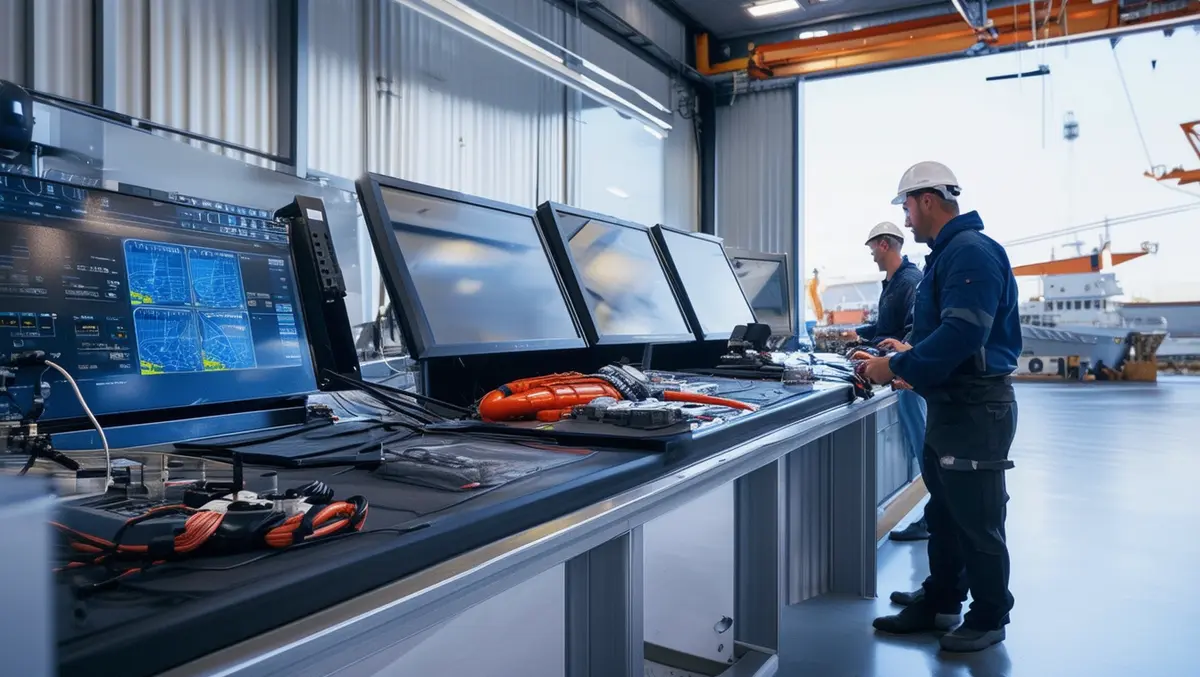
Wiise modernises RWB Marine's legacy systems, boosts efficiency
Wiise has facilitated a significant transformation at RWB Marine, a prominent Australian supplier of leisure and trailer boat parts and accessories, through the implementation of modern systems. The overhaul was necessitated by the outdated infrastructure RWB Marine had operated for nearly three decades.
RWB Marine, which has been servicing Australian customers for more than 55 years, underwent a significant operational change after Colin Moran acquired the company in 2021. According to information provided, the business was utilising a nearly thirty-year-old custom-built system that became unmanageable following the passing of its original developer. The absence of system backups and eCommerce integration, coupled with the challenge of managing 5,000 stock-keeping units (SKUs) across five warehouses, highlighted the urgent need for an upgrade.
The partnership with Wiise has yielded substantial benefits for RWB Marine, significantly improving efficiency and operational output. A notable achievement is the extensive time savings, specifically four days per month on landed cost calculations. In addition, the company has reduced invoice data administration by 20%, enabling the finance team to shift their focus towards more strategic tasks.
The implementation of Wiise has optimised the workforce by providing employees access to the system from any location at any time. This newfound flexibility has enhanced customer service and increased the team's confidence in meeting customer commitments effectively.
One of the critical improvements cited is in decision-making processes. Leadership at RWB Marine can now make informed and swift decisions with improved data accuracy and access to real-time information, thanks to having a single source of truth. This capability ensures that management can approach challenges and opportunities with greater confidence and reliability.
The transformation enabled by Wiise marks a significant milestone for RWB Marine as it steps into a more technologically advanced operational model. The case study underscores the impact of modernised business systems in addressing legacy infrastructure challenges and driving organisational efficiency.


